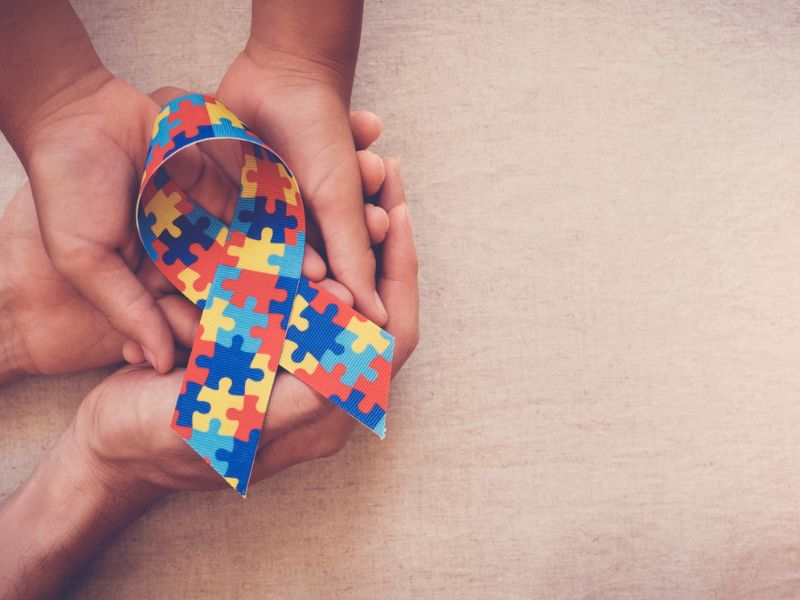
Illuminating the Spectrum: World Autism Day 2024
Embracing Differences: Understanding Autism Today
Blossoming alongside spring flowers, World Autism Awareness Day is celebrated on April 2, 2024, for its 17th edition. This globally recognized event, approved by the United Nations, aims to raise public awareness about autism. Touching countless lives, autism remains shrouded in myths and misconceptions. Our mission? Shedding light on the reality of autism, debunking common falsehoods, and emphasizing the vital role of acceptance.
Demystifying Autism
Autism Spectrum Disorder (ASD) is a complex neurological phenomenon that impacts neural development. Its effects manifest uniquely in communication styles, behaviors, and social interactions. Since 2013, the American Psychiatric Association has unified the various presentations of autism under a single term. This acknowledges the spectrum nature of ASD, the wide range of abilities, and challenges characterizing this condition.
The Spectrum Continuum
The autism spectrum encompasses individuals facing diverse challenges yet possessing unique talents. From those requiring extensive daily support to relatively independent individuals, the expression of ASD is deeply personal. While some may need greater assistance, many individuals with ASD lead rich and fulfilling lives when adequately supported. Understanding this variability is crucial.
Dispelling Autism Myths
There are several myths about autism. One of these is the mistaken idea that autistic individuals do not desire social relationships. While many seek connections, they may struggle to express their needs or understand social norms in the usual way. Another myth suggests that vaccines cause autism, which research widely demonstrates to be false. Informing and disseminating accurate information is fundamental to combatting these and other false beliefs.
For a Future of Acceptance
Today’s plea: promote not only awareness but also acceptance. Everyone deserves to feel included and valued in society. Understanding the needs of autistic individuals and adapting to them is essential. Small changes like sensory spaces or workplace inclusion can have a tremendous impact on autistic lives. Small changes make a big difference.
Today and always, we must remember to build a world that embraces neurodiversity, that celebrates differences, that supports everyone’s uniqueness. Autism is not a barrier but just a part of the incredible variety of humanity.
Sources



